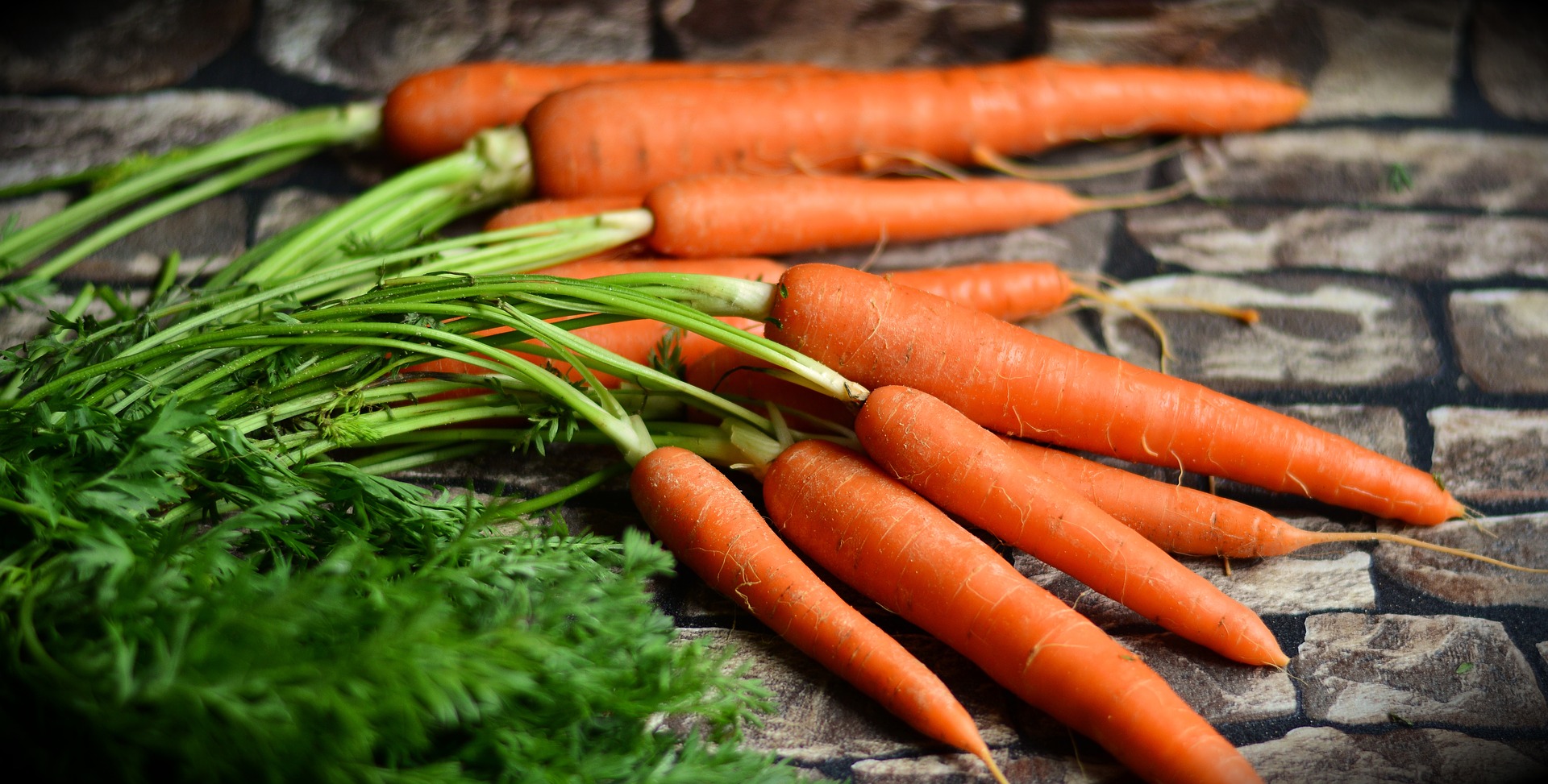Healthy Nutrition for the Eyes
The best health care is a comprehensive one. Holistic Medicine is not the same as alternative medicine. Holistic means considering all aspects of human life, including medical, psychological, physical and social components as well as lifestyle. After all, it’ s not only the eye that makes you see in a healthy way, but also your brain and your personality.
The vision loss and its restoration should also be considered holistically because all elements are connected – including anatomy, eye and brain function, eye muscle flexibility, blood and brain pressure, blood circulation, immune system, nutrition, emotional state, level of stress and emotions.
A healthy diet and a generally healthy lifestyle, including sports and exercise, are the key to eye health. In this article we would like to tell you more about healthy eating for the eyes.
Cataracts, the blurring of the lens, and age-related macular degeneration, a disease that typically affects central vision, can lead to blindness. Vitamins and minerals can help to prevent this. Foods that are good for the eye include fruit and vegetables – especially yellow and orange and green leafy vegetables. Egg yolks, vegetable oil, nuts, whole grains, seeds and fish such as salmon and trout are also good for vision.
Healthy Nutrition for the Eyes Through Food Supplements
In 2013, the NIH, the National Institutes of Health of the USA, published the most comprehensive study about the importance of nutrition for eye health. According to the study, dietary supplements can slow the progression of age-related macular degeneration, one of the leading causes of blindness, by about 25 percent. To achieve this, ophthalmologists recommend a dietary dosage based on the AREDS formula, which was derived from an Age-Related Eye Disease Study:
- 500 mg vitamin C
- 400 international units (IU) of vitamin E.
- 10 mg lutein
- 2 mg zeaxanthin
- 80 mg zinc oxide
- 2 mg copper oxide
These nutrients and foods are good for your eyesight:
Lutein, zeaxanthin: broccoli, Brussels sprouts, kale, corn, eggs, kale, nectarines, oranges, papaya, romaine lettuce, spinach, pumpkin;
Omega-3 fatty acids: linseed, linseed oil, halibut, salmon, sardines, tuna, walnuts;
Vitamin A: Apricots, honeydew melon, carrots, mangoes, red peppers (raw), ricotta, spinach, sweet potatoes;
Vitamin C: broccoli, Brussels sprouts, grapefruits, kiwis, oranges, red peppers (raw), strawberries
Vitamin E: Almonds, broccoli, peanut butter, spinach, sunflower seeds, wheat germ;
Zinc: Chickpeas, oysters, pork chops, red meat, yoghurt.
Picture from congerdesign on Pixabay

